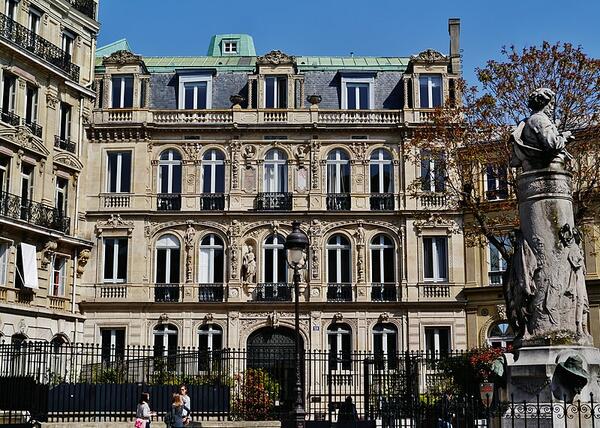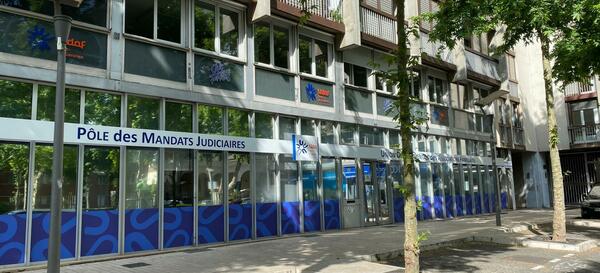Unaf and Udaf, at the origin of the family institution
• The History of Unaf and Udaf

Unions of family organisations were originally created in the XIXth century, around the same time as the first family movements (family organisations came together as federations, and wanted to support families in giving a strong moral education to their children and being recognised, as well as establish a strong solidarity system for the benefit of large families, encourage births in the context of low birth rates).
As they grew bigger and brought together more and more families, these movements successfully rose public awareness and gained recognition, allowing them to have their voices heard.
Thus, from 1913 onwards, a variety of measure were undertaken for the benefit of families and under the pressure of these family movements :
- Laws on social support for “needy families” (1913)
- Creation of the first family allowances, and the allowances for civil servants with families (1917);
- Creation of the High Council for Natality (1920);
- Law on the generalisation of professional family allowances (1932);
- Publication of the French Family and Natality Code (1939).
In 1943, the provisional consultative Assembly in Algiers made principle the institutional representation of the family.
Ordinance N°45-323 was promulgated on the 3rd of March 1945, following the National Council of the Resistance’s initiative and as decided by the General de Gaulle’s provisional Government of the French Republic. This ordinance established one single family body and gave a monopoly on the public representation of all French families to the National Union of Family Organisations (Unaf) and its network of County Unions (Udaf). The family institution is composed of the Unaf and the Udafs.
This legal framework empowered family activists in defending the material and moral interests of families when and wherever necessary, and to establish a dialogue with public authorities. The family institution status is unique when it comes to organisations set up under French legislation, as it comes with extraordinary responsibilities. Moreover, they are recognised as being of public utility.
The system we have described is thus semi-public and semi-private. Indeed, being set up by public authorities, it is acknowledged as being a contributing actor and a long-term tool of social regulation.
The institution is also public authorities sole and constant interlocutor, speaking for all French families.
Its special status allows family unions to exercise their rights and bear official responsibilities, while keeping its freedom of thought.
Therefore, “Family” is recognised for its key role in France’s economic and social growth, in terms of consumption, demographics and sustainable development.
Last but not least, family institutions are partners in starting social conversations, believing that life is not only the sum of relationships woven in the workplace, but encompasses all times and spaces.
• The History of Udaf 82

The Udaf in Tarn-et-Garonne is a non-profit organisation (N°00693) created under the 1rst of July 1901 law, for an indefinite amount of time and acknowledged as a public utility service.
Its status was declared to the Tarn-et-Garonne prefecture on the 30th of October 1946, and published on the 23rd of November 1946. It received the Unaf final approval, in accordance with article 7 paragraph 3 of the CASF, on the 13th of October 1976.

